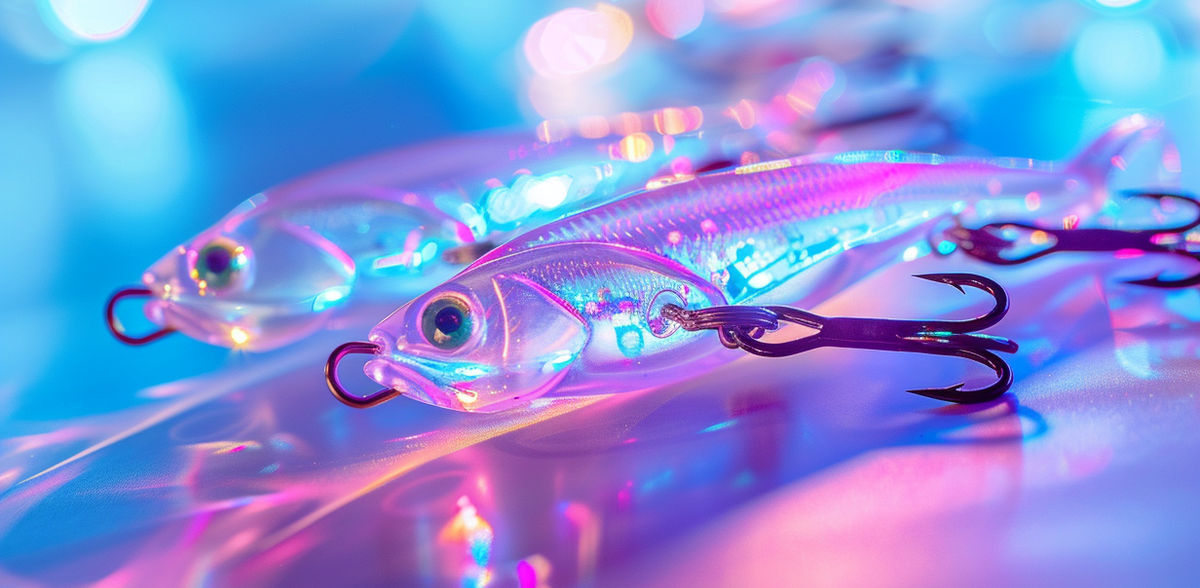Harmful substances in soft plastic lures: Risks for anglers and the environment
Harmful phthalates and endocrine disruptors are released from common soft plastic baits
Soft plastic lures are increasingly being used in recreational angling worldwide. Their loss in the environment has raised concerns among anglers and environmentalists regarding possible environmental and health risks. A study on the potential effects of soft plastic lures on the environment and human health has now been published in the scientific journal Science of The Total Environment. The work was published by scientists from the German federal Thünen Institutes of Baltic Sea Fisheries and Fisheries Ecology, the Toronto Metropolitan University and the University of Saskatchewan.
The interdisciplinary research team examined 16 common models of soft plastic fishing lures. The analyses focused on the release of water-soluble plastic additives, including so-called plasticizers. The results confirm that ten of the 16 baits examined released various plasticizers, including known harmful phthalates, during the 61-day observation period. In addition, 45 other persistent, mobile and toxic plastic additives were detected. A sub-sample of ten baits was also tested for possible estrogenic activity. One extract showed hormonal activity, which could be due to unknown additives. Parallel to the chemical analysis, the researchers conducted a survey among anglers in Germany. The majority of participants were concerned about the potential ecological impact of soft plastic bait and were in favor of labeling the ingredients and legal restrictions on toxic ingredients. The survey confirmed that artificial lures are frequently lost when fishing. In addition to the need for further research, the scientists see a particular need for action on the part of the industry, which should develop fishing lures that are environmentally friendly and harmless to health.
This study highlights the need for further research on this topic and helps to raise awareness among the angling community to continue to demand the development of alternative, health and environmentally friendly fishing lures from the manufacturing industry.
Most read news
Organizations
Other news from the department science

Get the chemical industry in your inbox
By submitting this form you agree that LUMITOS AG will send you the newsletter(s) selected above by email. Your data will not be passed on to third parties. Your data will be stored and processed in accordance with our data protection regulations. LUMITOS may contact you by email for the purpose of advertising or market and opinion surveys. You can revoke your consent at any time without giving reasons to LUMITOS AG, Ernst-Augustin-Str. 2, 12489 Berlin, Germany or by e-mail at revoke@lumitos.com with effect for the future. In addition, each email contains a link to unsubscribe from the corresponding newsletter.
Most read news
More news from our other portals
Last viewed contents
Container_deposit_legislation

Grazing light for rapid events - “X-ray streaking” allows ultrafast processes to be followed using a single pulse of light






























































